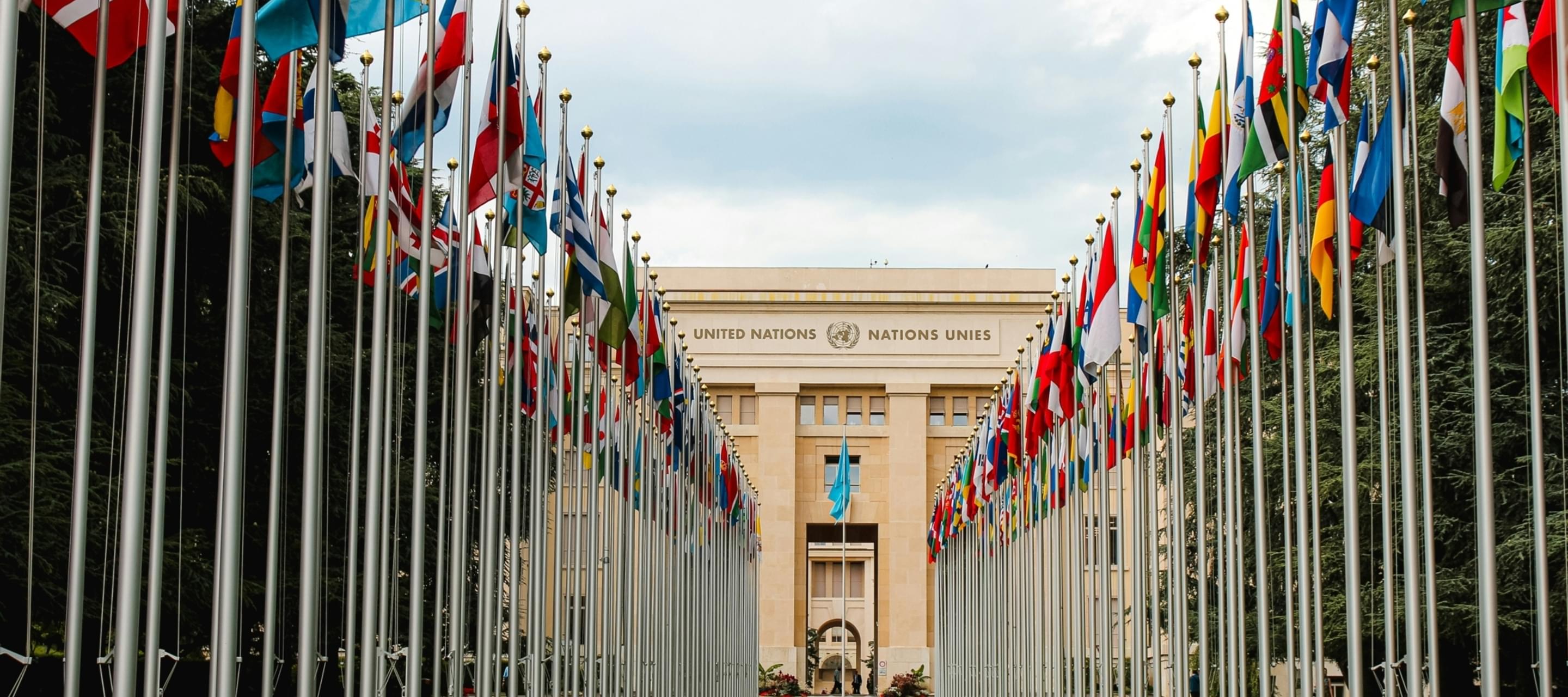Business & Human Rights Frameworks
Advancing vital standards and laws

Since the endorsement of the UN Guiding Principles on Business and Human Rights in 2011, IHRB has played critical roles in helping identify new issues, develop and recommend policies and guidance for companies, and advocate for further strengthening standards and legislation on responsible business practices.
This has included IHRB’s contributions to innovative EU sector-wide impact assessments developed in partnership with the Shift Project, for oil and gas, information, communication, and technology (ICT), and employment and recruitment. Similar impact assessments in Myanmar, developed with the Danish Institute for Human Rights on tourism, information, communication, and technology, and oil and gas, and mining; reports on the responsibilities for investors, identifying challenges of just transitions; and in technology, guidance on big data and data brokers, lawful interception, export credit and telecoms, data, trade, and human rights, ICANN’s responsibility to respect, and guidance for cybersecurity companies. IHRB has also been a leader in addressing the impacts of megasporting events and developing new stanards and initiatives for the sport sector, including by facilitating the multi-stakeholder process that developed the Sporting Chance Principles and established the Centre for Sport and Human Rights.
With the UN Human Rights Office, IHRB helped develop Standards of Conduct for Business with regard to LGBTI people. In response to the global pandemic, IHRB identified the risks and threats of Covid-19 to all businesses, as well as offered practical recommendations for actions by companies, including by addressing the impacts on internal migrant workers in India and garment workers in Bangladesh.





